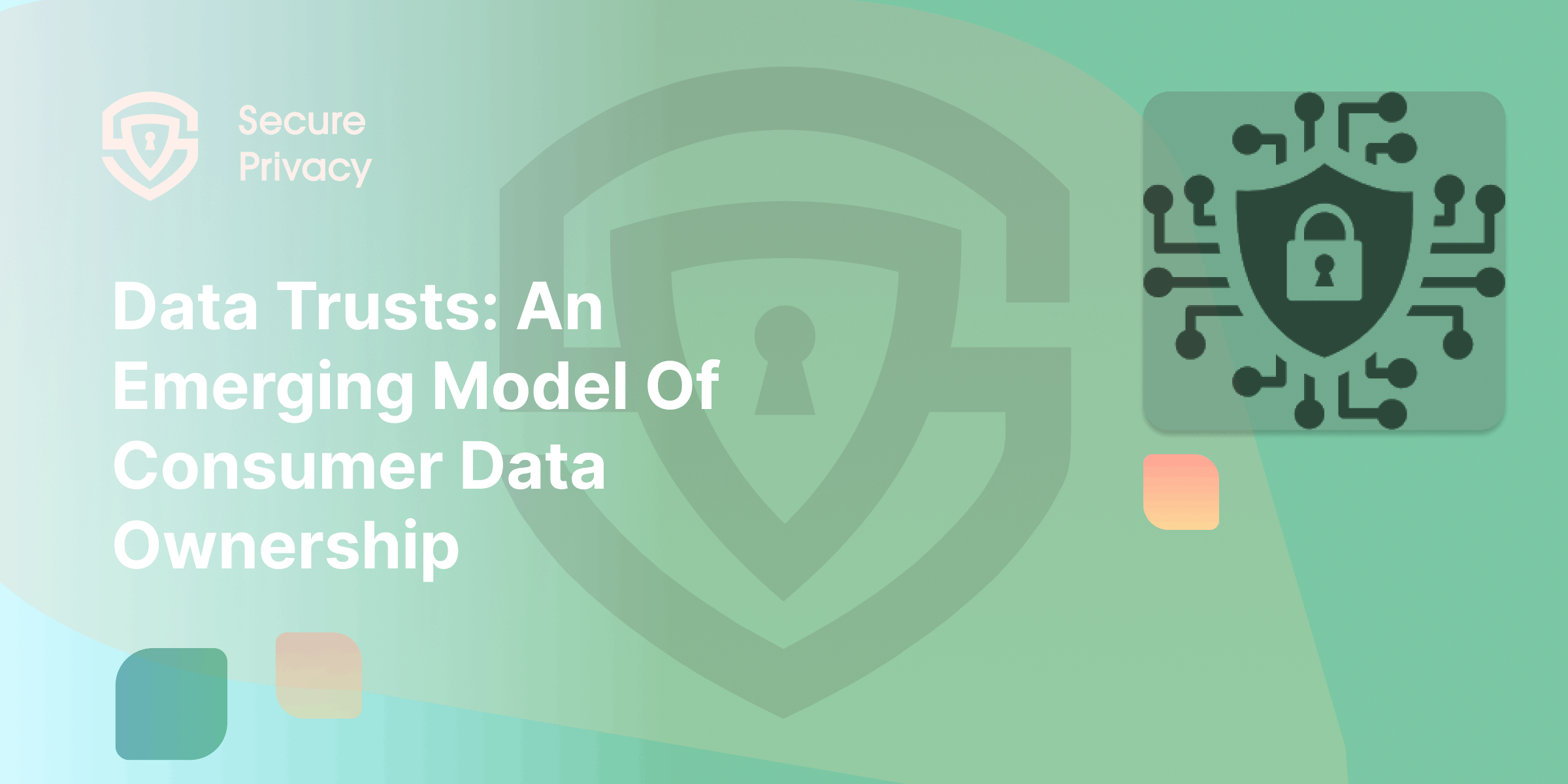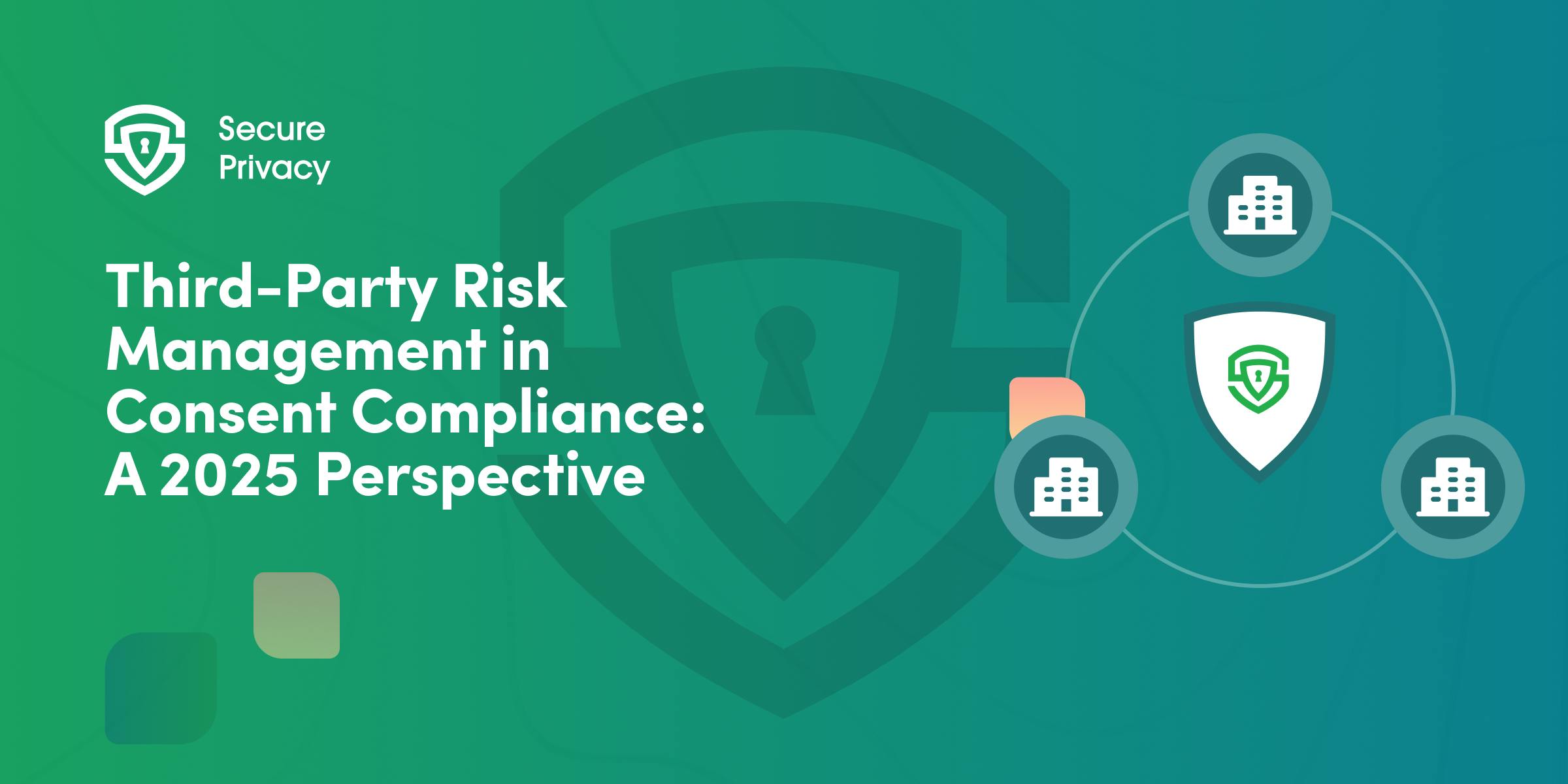Data Trusts: An Emergent Consumer Data Ownership Model
Is your organization prepared for this fundamental shift in data governance? With trust becoming the new currency in digital relationships, understanding and potentially adopting data trust models could determine your competitive position in the years ahead.
The concept of data trusts has emerged as a groundbreaking solution to the growing crisis of consumer distrust in digital ecosystems. As highlighted in the Thales 2025 Digital Trust Index, only 32% of Gen Z consumers trust banking institutions with their data, while 82% of global users have abandoned brands due to privacy concerns. In this environment, data trusts are redefining ownership models by transferring control from corporations to individuals through innovative legal and technical frameworks.
Is your organization prepared for this fundamental shift in data governance? With trust becoming the new currency in digital relationships, understanding and potentially adopting data trust models could determine your competitive position in the years ahead.
What Are Data Trusts?
Data trusts represent a fundamental reimagining of how personal information is managed in the digital economy. Unlike traditional models where organizations collect and control consumer data, trusts establish a fiduciary relationship that prioritizes user interests.
At their core, data trusts are legal entities that act as custodians of personal or organizational data, governed by fiduciary duties to represent users' interests. This arrangement creates several distinctive characteristics that separate trusts from conventional data management approaches:
Ownership and control remain with users, who retain legal ownership while delegating management to trustees (MIT, 2021). This delegation doesn't surrender rights but rather establishes a fiduciary relationship where trustees must act in users' best interests.
Purpose-driven governance defines clear rules for data usage upfront, ensuring alignment with user/beneficiary interests (Stiftung Neue Verantwortung, 2020). These governance frameworks prevent mission creep and unauthorized data exploitation.
Technical safeguards provide the infrastructure for trust operations. Tools like Fivetran's Metadata API and dbt Lab's Semantic Layer enable end-to-end data lineage tracking, critical for auditability and transparency (Dataversity, 2024). These technologies ensure that policies are enforced consistently across complex data ecosystems.
Together, these elements create a fundamentally different approach to data management—one that prioritizes user agency while enabling valuable data utilization under controlled, transparent conditions.
How Data Trusts Transform Ownership
The emergence of data trusts represents more than an incremental improvement to existing privacy frameworks. These structures fundamentally transform data ownership in three critical ways:
Decentralizing Power from Tech Giants
Today's digital landscape suffers from extreme power imbalances. While 88% of organizations acknowledge trust gaps between data producers and consumers, only 13% effectively bridge them (Deloitte, 2024). This disconnect has created a market where a few dominant platforms control vast troves of personal information.
Data trusts address this imbalance by aggregating consumer interests, creating collective bargaining power that individual users lack. Singapore's 2025 pilot trust for healthcare data exemplifies this approach, enabling patients to pool MRI results for AI research while retaining veto rights over commercial applications.
By uniting individual interests under professional management, trusts create counterweights to corporate data power. This rebalancing doesn't eliminate data sharing but ensures it occurs on more equitable terms that benefit all stakeholders.
Solving the "Informed Consent" Paradox
Current privacy frameworks rely heavily on individual consent despite overwhelming evidence that this approach fails in practice. Under GDPR, 70% of users blindly accept privacy policies without reading them (Stiftung Neue Verantwortung, 2020). This reality creates a fiction of informed consent that satisfies legal requirements while failing to protect actual privacy interests.
Data trusts offer a practical solution by converting granular consent decisions into manageable preference frameworks. Instead of evaluating dozens of technical privacy policies, users can express general intentions like "Allow anonymized health data for research, block insurance access" that trustees then implement across multiple services.
This approach acknowledges human cognitive limitations while preserving the ethical principle of informed choice. By making consent manageable rather than overwhelming, trusts help fulfill the promise of user autonomy that current frameworks only theoretically provide.
Unlocking Sector-Specific Value
Beyond privacy protection, data trusts enable value creation that's difficult or impossible under conventional data models. Different sectors benefit from specialized trust arrangements:
In securities finance, distributed ledgers in data trusts validate ESG compliance in stock loans without exposing sensitive investor profiles (CSFME, 2021). This enables sustainable investing while preserving confidentiality.
Healthcare demonstrates perhaps the most promising applications, with MRI machine manufacturers, hospitals, and AI firms sharing diagnostic data via trusts, with revenue distributed to patients (Philadelphia Pact, 2025). This arrangement accelerates medical innovation while fairly compensating data contributors.
These sector-specific applications highlight how trusts can move beyond privacy protection to create entirely new forms of value through responsible data sharing.
Challenges & Controversies
Despite their potential, data trusts face significant implementation hurdles that must be addressed for widespread adoption:
Legal Ambiguity
Current regulations weren't designed with data trusts in mind. GDPR, for instance, restricts delegation of consent rights, creating uncertainty about trustees' legal authority. The EU's 2025 regulatory sandboxes represent a promising approach to resolving these questions by testing trust models in controlled environments before full regulatory integration.
Technical Interoperability
The fragmented landscape of data management tools creates practical challenges for trust implementation. Currently, organizations must cobble together solutions from vendors like Fivetran, dbt, and Soda to create comprehensive lineage tracking. Emerging standards like OpenLineage offer hope for cross-platform integration, but significant work remains to create seamless technical infrastructure.
Generational Trust Gaps
Perhaps most concerning, younger consumers—who will determine future market dynamics—show dramatically lower trust in institutions. Only 24% of Gen Z trust insurers with their data (Thales, 2025), suggesting that conventional approaches may face increasing resistance. Innovative solutions like gamified consent interfaces for younger users represent early attempts to bridge these gaps.
These challenges, while significant, also create opportunities for pioneering organizations to develop distinctive solutions that differentiate them in increasingly privacy-conscious markets.
Case Study: Banking Sector Adoption
The banking industry offers a compelling example of how data trusts can address pressing trust challenges. Banks face a troubling 19% decline in Gen Z trust despite leading sector rankings (Thales, 2025). This erosion threatens their future customer base and indicates a need for fundamental changes in data relationships.
Lloyds Bank's Data Trust Pilot demonstrates a promising response:
The program allows customers to pool transaction data for personalized fintech services without surrendering control to either Lloyds or third-party providers.
Technical implementation relies on Monte Carlo Data's lineage tools to provide comprehensive auditing of third-party access, ensuring compliance with trust governance rules.
The results speak for themselves: a 40% increase in young-adult engagement, reversing previous decline trends and creating a foundation for long-term relationships.
This case illustrates how traditional institutions can leverage trust models to revitalize customer relationships and adapt to changing privacy expectations.
Future Outlook
Data trusts continue to evolve rapidly, with several key developments likely to shape their future trajectory:
Regulatory evolution may fundamentally change the trust landscape. The EU's 2026 Data Act is exploring recognition of trusts as "qualified data intermediaries," potentially overriding GDPR's consent delegation limits and creating clear legal frameworks for trust operations.
New monetization models could transform the economics of personal data. Rather than corporations capturing all value from user information, consumers could earn royalties when their pooled data trains AI models—a concept already being tested in Amsterdam's municipal health trust.
Security requirements will inevitably increase, with NIST's upcoming standards (2026) mandating quantum-safe encryption for trust-managed data to ensure long-term protection against advanced computing threats.
These developments suggest that data trusts will become increasingly sophisticated, moving from experimental pilots to mainstream governance structures in many sectors.
Why This Matters for Your Organization
Data trusts represent more than a privacy tool—they're a market equalizer with profound business implications. By 2027, Gartner predicts 30% of global consumer data will reside in trusts, shifting power from tech oligopolies to users. This transition creates both risks and opportunities for forward-thinking organizations.
Early adoption offers several strategic advantages:
Regulatory risk mitigation by proactively addressing privacy concerns before they trigger enforcement actions like Blackbaud's $6.75M fine.
Alignment with consumer expectations, particularly the 82% of users who prioritize ethical data practices in their brand relationships.
Innovation acceleration, with trust-adopting organizations reporting twice the innovation speed due to more secure, consent-compliant data sharing (Deloitte, 2024).
These benefits suggest that data trusts shouldn't be viewed merely as compliance measures but as strategic tools for building competitive advantage in increasingly privacy-conscious markets.
As data continues to drive business value while raising privacy concerns, data trusts offer a promising middle path—one that enables beneficial use while respecting individual rights and rebuilding digital trust.
Get Started For Free with the
#1 Cookie Consent Platform.
No credit card required

Post-Quantum Cryptography and Consent Management: Securing Tomorrow's Data Today
With quantum computing making strides, the intersection of post-quantum cryptography (PQC) and consent management has become a critical focal point for organizations handling sensitive user data. With the UK's NCSC mandating full PQC migration by 2035 and quantum decryption threats accelerating, consent frameworks now face unprecedented risks—and opportunities.
- Legal & News
- Cookie Consent

Data Trusts: An Emergent Consumer Data Ownership Model
Is your organization prepared for this fundamental shift in data governance? With trust becoming the new currency in digital relationships, understanding and potentially adopting data trust models could determine your competitive position in the years ahead.
- Legal & News

Third-Party Risk Management in Consent Compliance: A 2025 Perspective
Is your organization effectively managing the risks associated with third-party consent practices? With the growing complexity of vendor relationships and stricter regulatory requirements, a comprehensive approach to TPRM has never been more crucial for maintaining both compliance and consumer trust.
- Legal & News

